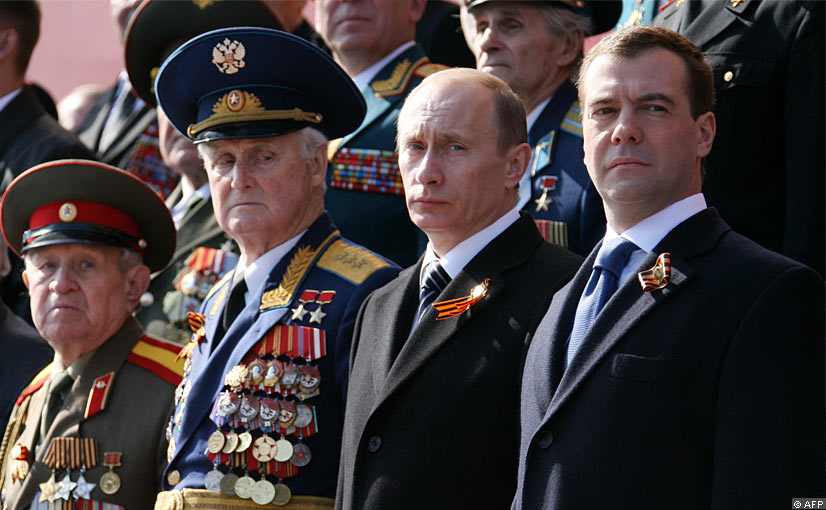
From James Joyner, the New Atlanticist: Russian President Dmitry Medvedev announced today that he would "immediately put the missile attack early warning radar station in Kaliningrad on combat alert" and take other aggressive steps to counter NATO’s missile defense system.
In an official statement reprinted on NATOSource, Medvedev claims this step was taken after NATO and the United States rebuffed repeated gestures from Moscow to cooperate. He asserts, "Rather than showing themselves willing to hear and understand our concerns over the European missile defence system at this stage, they simply repeat that these plans are not directed against Russia and that there is no point for us to be concerned. That is the position of the executive authorities, but legislators in some countries openly state, the whole system is against Russia. . . ."
I share my colleague’s sense that Medvedev is playing to a domestic audience and that the United States and its NATO allies should not make policy decisions based on temper tantrums from Moscow. But that doesn’t mean that the Russians aren’t genuinely concerned about the changing balance of power represented by this missile plan. Indeed, our constant dismissal of their concerns only rubs their noses in the fact that we now view them more as a nuisance than a serious power. . . .
NATO can talk until it’s blue in the face about how its missile defense program is aimed at unspecified rogue states (a not-so-secret code for "Iran") but the Russians naturally see a missile defense system based in countries within what they consider their sphere of interest a threat. After all, missiles are about all Moscow has to cling to as evidence that they’re still a great power. For that matter, as FT notes, the fourth phase of NATO’s Phased Adaptive Approach goes beyond the short- and medium-range missiles that would ostensibly be acquired by Iran to "deploy an interceptor capable of shooting down ICBMs, which form the bulk of Russia’s nuclear deterrent."
So, I think we should take Medvedev seriously when he declares, "We will not agree to take part in a program that in a short while, in some 6 to 8 years’ time could weaken our nuclear deterrent capability. The European missile defense program is already underway and work on it is, regrettably, moving rapidly in Poland, Turkey, Romania, and Spain. We find ourselves facing a fait accompli." Those sound very much like the howls of a wounded bear.
James Joyner is managing editor of the Atlantic Council. Photo credit: AFP/FT.
Image: russia-military-medvedev-putin.jpg
